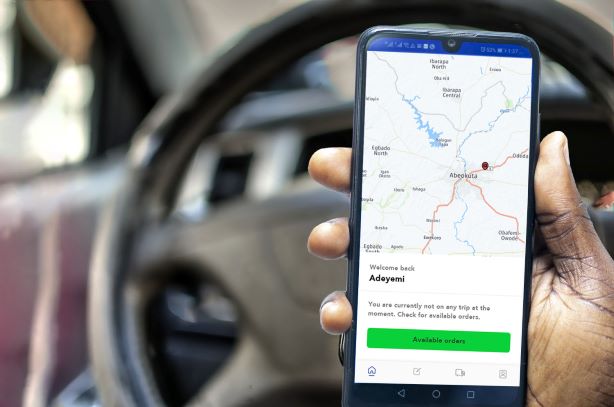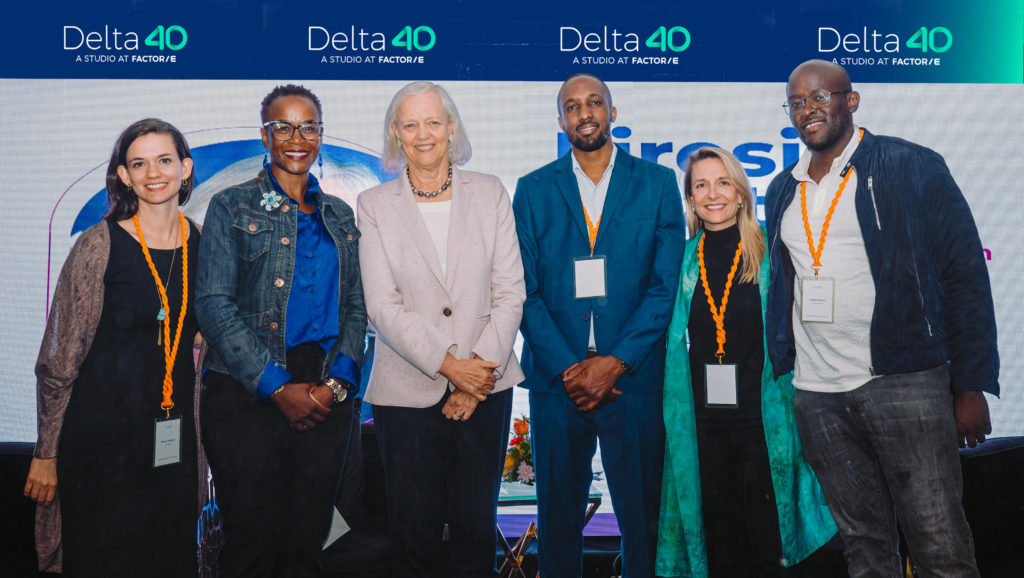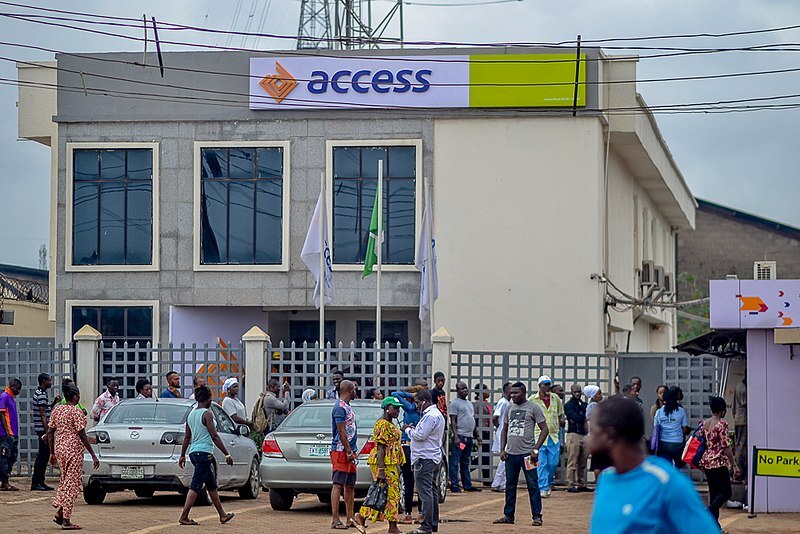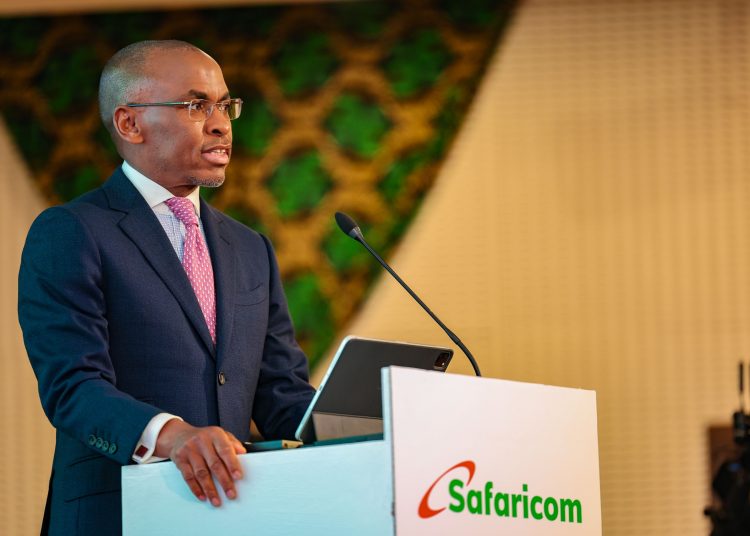Logistics startup, Kobo360 has closed a $30 million funding round; part venture funding and part debt funding. The startup raised US$20 million in Series A funding led by Goldman Sachs with participation from Asia Africa Investment and Consulting Pte as well as existing investors including TLcom Capital, Y Combinator and the International Finance Corporation. The remaining $10 million was provided by Nigerian commercial banks in local currency as working capital loan.
The new round follows a $6 million seed investment led by the International Finance Corporation last year that saw the company expand to Togo, Ghana and Kenya. Kobo360 was launched in 2017 in Nigeria by Obi Ozor and Ife Oyedele. Through its digital logistics platform, cargo owners can request for freight trucks using either their phones or the web and have their goods picked up and delivered to the required location. The haulage tech startup has so far moved 500M kg of goods and signed up a fleet of over 10,000 drivers and trucks. It services small and medium enterprises (SMEs) and more than 80 large enterprises including Dangote Group, DHL, Unilever, Olam, African Industries, Flour Mills of Nigeria, and Lafarge.
The intra-African trade opportunity
Kobo360’s Series A round comes at a time the continent is set to see a 16% increase (US$16 billion) in regional trade. The historic African Continental Free Trade Agreement (AfCFTA) got a major boost with the region’s largest economy, Nigeria getting on board. Kobo360 plans to take advantage of the newly minted AfCFTA agreement by adding 25,000 drivers to its platform with the new investment. It is also looking to expand into 10 new African countries by the end of 2020.
The AfCFTA is expected to kick off by July 2020 and with 54 countries already on board, it is now the largest free trade agreement. An increase in regional trade could raise the demand for efficient cargo deliveries for haulage companies and startups including Kobo360 and Lori Systems, another haulage tech startup founded in Kenya.
Obi Ozor, CEO at Kobo360, believes the trade agreement will lead to an increase in job opportunities for the haulage sector. “The expansion of trade across Africa also presents new employment opportunities as more drivers will be needed to transport goods across the continent. It also means new revenue streams for existing drivers” Ozor said.
While the agreement will enable companies to tap into a single market comprising 1.3 billion people and trade volume valued at US$1.3 trillion, individuals and businesses still have to deal with infrastructural challenges. Economic and development challenges will also not automatically go away. Governments have to put together economic and development policies to take advantage of the opportunity.
Kobo360 enables cargo owners to request for freight trucks using either their phones or the web

Investing in drivers
Bearing in mind the economic and development gaps that exist, Kobo360 is creating a suite of products focused on drivers’ welfare. It now offers drivers access to up to $5,000 monthly working capital through KoPAY; access to an insurance product (KoboSAFE); and access to discounted petrol, comprehensive HMO packages and an incentive-based education program for their families through KoboCARE. The startup considers driver welfare a strategic priority; “the day you neglect your drivers you are not going to have a company, only issues. If Uber were more driver-focused it would be a trillion-dollar company today,” Ozor told Techcrunch last year.
Kobo360 considers growth in demand for intra-African trade an opportunity for drivers to improve their livelihood. “We foresee many more opportunities for drivers to earn better wages, have a more structured job support system, encompassing the likes of improved access to healthcare and financing, which will help them secure their financial futures,” Ozor said in comments about the AfCFTA.
A rise in investor interest
Kobo360’s Series A round follows a recent surge in investor interest in transport and logistics startups. African ride-hailing startups have raised more than US$112.7 million in the last five years according to data from Digest Africa. Egyptian bus-hailing startup raised $42 million in June, bringing its total funding to US$ 80 million and making it the top-funded startup in the sector. In May, an SEC filing showed Lori Systems received US$ 8.7 million from undisclosed investors as part of an assumed Series A raise. Nigerian motor-bike hailing startups, Gokada and MAX also recently raised US$5.5 million and $7 million respectively.
Kobo360’s latest funding now makes it the second top-funded transport and logistics startup in Africa with investors betting on its ability to meet a rise in demand in cargo deliveries on the back of the AfCFTA. But the startup’s ambitions will partly depend on the proper and effective implementation of the AfCFTA.
Join Obi Ozor, CEO at Kobo360 and other industry leaders including Omobola Johnson, Senior Partner, TLcom Capital and Adetayo Bamiduro, CEO at MAX, at our next TC Townhall event on transport and logistics. TC Townhall: Mobility will convene the most knowledgeable and influential entrepreneurs, investors and policymakers in the mobility industry to explore activities, trends and challenges in Africa’s mobility sector and what the future holds. Get your ticket here.
Correction: This article was updated to reflect that the US$8.7 million raise by Lori Systems was not announced by the startup and was only discovered from its SEC filing. It is assumed to be part of a Series A raise.















